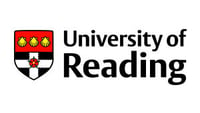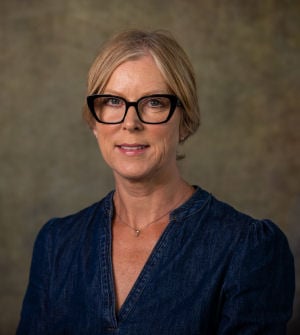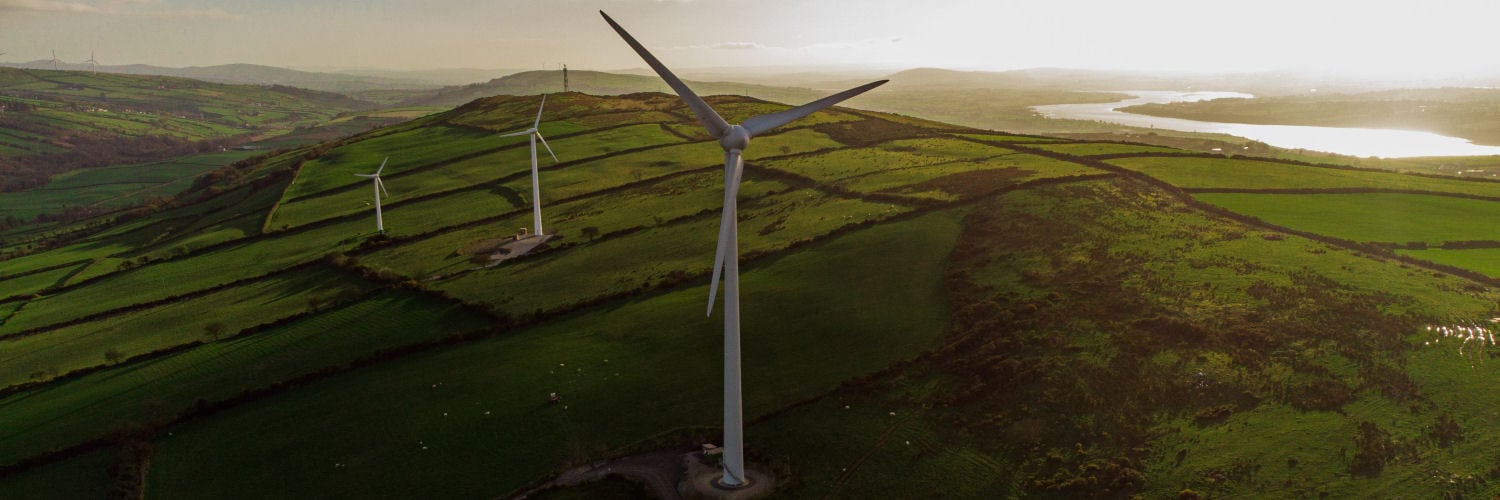 |
Dr Jo Anna Reed Johnson, Institute of Education, University of Reading |
In April 2022 the UK’s education secretary announced the launch of a GCSE in Natural History, as a key part of helping bring back the study of plants and animals into the lives of young people.
This coincided with the launch of the Strategy for Climate and Sustainability Education (DfE, April 2022) and the University of Reading setting up of a National Climate Education Action plan in consultation with the DfE as a mechanism for driving change across all education sectors. This Action Plan includes nine promises and one of these was to develop a National Initial Teacher Education (ITE) Framework for Climate and Sustainability Education, which the Institute of Education at the University of Reading is leading on.

Despite this, a psychological phenomenon known as shifting baseline syndrome means that limited personal experience of change, particularly as people grow up, results in a lack of awareness of the sheer volume and diversity of animals and plants that have been lost in recent generations.
Not only that, but around 83% of people in the UK now live in urban areas. Children growing up in towns and cities have less exposure to nature, what is there is less likely to be wild, and they experience fewer opportunities to roam in green space than previous generations.
Some argue that this disconnection from nature is associated with a range of mental and physical health issues. This means that generations are becoming further isolated from nature, just as the world needs people with the ecological literacy to enable them to address the environmental challenges of coming decades.
Whilst some critics of this new GCSE may argue it is too niche, only open to those schools who sign up for it as an optional GCSE, it is important to remember that a combination of measures is a step in the right direction in understanding the impact of climate change on biodiversity and vice versa.
If we consider our ITE Framework for Climate and Sustainability, available for national roll-out for the next academic year, 2023-24, this will help teacher educators to consider the interconnection between subject specialisms along with those training teachers. The GCSE in Natural History combines the specialisms of geography and biology teachers, some could even argue history. Our framework is providing opportunities for our training teachers to understand the interdisciplinary nature of subject specialisms around the agenda of climate change and sustainability.
The Cambridge OCR consultation that informed thinking about the qualification showed an overwhelming proportion (91%) of responders acknowledged the need for a GCSE that helps pupils gain deeper insights into the flora and fauna of life on Earth, and how this biodiversity affects them and the Earth. Importantly, 94% of young people surveyed said that they would like to study a qualification like this.
The UK government’s Strategy for Sustainability and Climate Change advocates four strategic aims focused first on education itself, and then how education can help deliver our need to meet net zero carbon, to be resilient to climate change and to improve biodiversity and environmental quality.
These are linked by the ambitious vision for the “United Kingdom to be the world-leading education sector in sustainability and climate change by 2030”, where education is the starting point for sustained change and adaptation, not only to encourage societal change but also as we build the skills base for a green economy.
This ambition is supported by two key initiatives to drive the strategy forward: the National Education Nature Park and Climate Leaders Award. The former aims to greatly increase biodiversity on nursery, school and college grounds, while the latter seeks to recognise and support the tremendous efforts of young people to engage with environmental issues.
This government is encouraging other bodies to engage with environmental education. For example, the University of Reading co-created the Climate Ambassadors Scheme, which connects climate and sustainability experts with schools, allowing teachers and governors to make specific requests for world-leading researchers and professionals to help and advise them.
The new GCSE and the new National ITE Framework will benefit young people by engaging them in their natural environments to allow them to develop their eco-capabilities, whilst influencing how they learn. It provides opportunities to connect place and science through problem-based education, encouraging people to think of the natural world as an interconnected system with lots of moving parts.
It is only by seeing the connections of nature, how our pulling at threads in the web of life endangers more than individual species, that we can understand the looming threats and ways of avoiding them.
As a boundary-crossing subject, natural history can be a test bed for interdisciplinary learning for children, their teachers and leaders. This is also the case with the National ITE Framework, in which teacher educators are encouraged to develop an interdisciplinary curriculum, where possible.
Where this is not possible, for them to consider, with their training teachers, the connections between disciplines, and how climate education, biodiversity and sustainable thinking can be included into the curriculum spaces that may not have traditionally considered these from a contextual perspective previously.
One key aspect that links these new developments is in helping young people to think more holistically, understand the complexities of change, engage in problem-based education and to be empowered to make change happen.
Dr Jo Anna Reed Johnson
Dr Jo Anna Reed Johnson is the School Director of Climate and Sustainability at the Institute of Education, University of Reading in the UK.
Her current responsibility is Co-Programme Director for the MA in Education and leads the Leadership and Management Pathway focused on Future Leaders in Education. She teaches on the PGCE Secondary Science Programme (Physics) and supports training teachers in schools.
She became passionate about Systems Thinking having completed her Masters in Innovative Manufacturing: Sustainability and Design at Cranfield University in 2003, after which she went on to complete her PhD in Education for Sustainable Development at Manchester Metropolitan University, UK and Rhodes University, South Africa in 2009.
Keep up to date with our proposed GCSE in Natural History and other Cambridge OCR Natural History news by signing up our email newsletter and updates. You can read back issues of our Natural History newsletter here.

